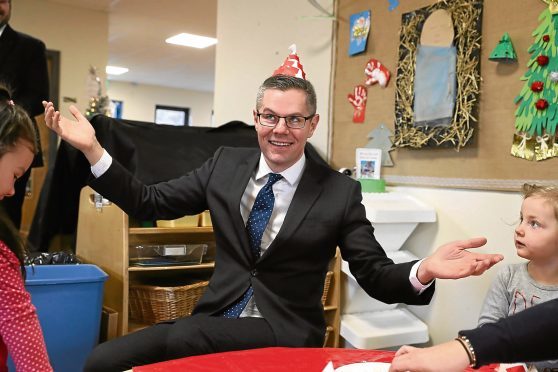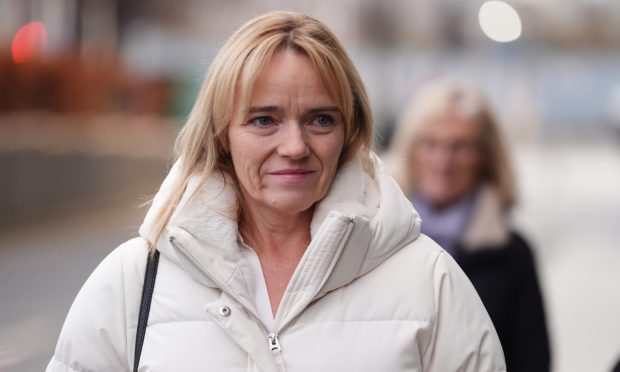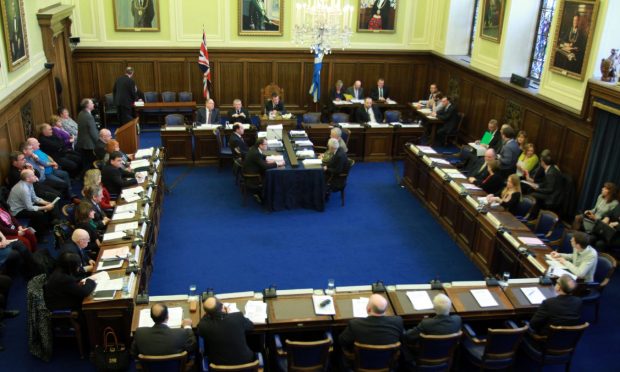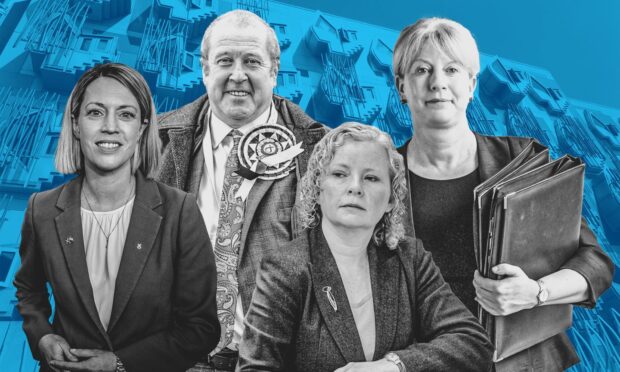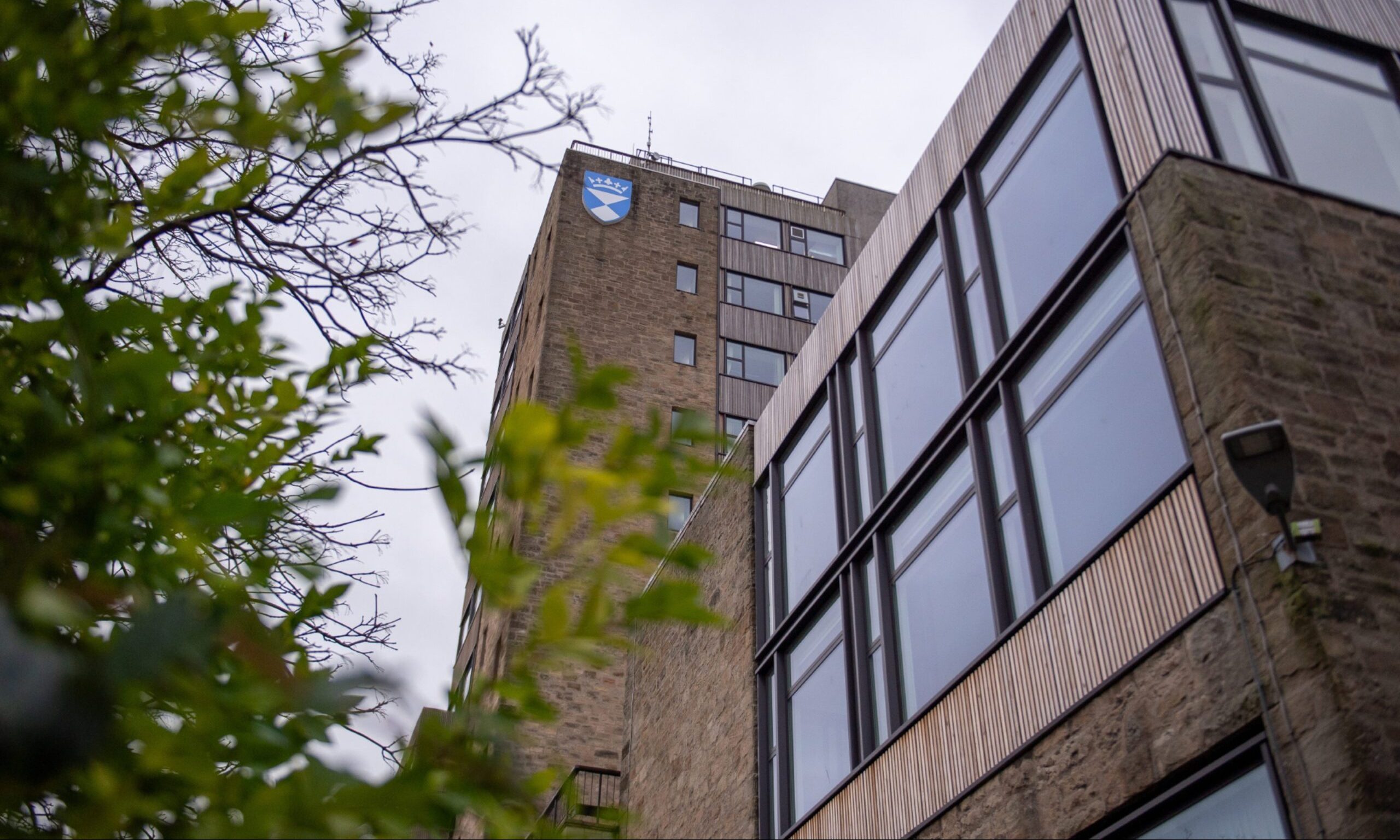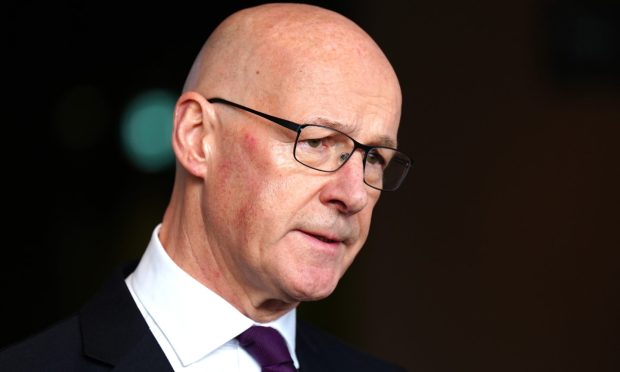Tayside and Fife councils are having £23m cut from their day-to-day budgets under the funding deal tabled by ministers.
An independent analysis of the draft budget confirms Scottish authorities are in line for real terms reductions of £135m for everyday spending in 2018/19.
Perth and Kinross is to get the biggest revenue cut in Courier Country at 2.3%, which amounts to a £5.4m reduction.
The Scottish Government says councils are getting a fair deal in a tough climate and now benefit from central cash that goes directly to schools and the social care system. Town halls are also free to raise council tax again next year by up to 3%.
James Kelly, for Scottish Labour, said: “These cuts will end up falling the hardest on the poorest, the most vulnerable and our children.
“These are more than numbers on a spreadsheet. These are our schools, our social care services, local housing and community centres.”
Council budgets for capital spending on projects such as building schools and hospitals have gone down by £12.5m across Dundee, Perth and Kinross and Fife. In Angus, it is going up slightly.
The figures were revealed in a briefing by the Scottish Parliament Information Service (SPICE).
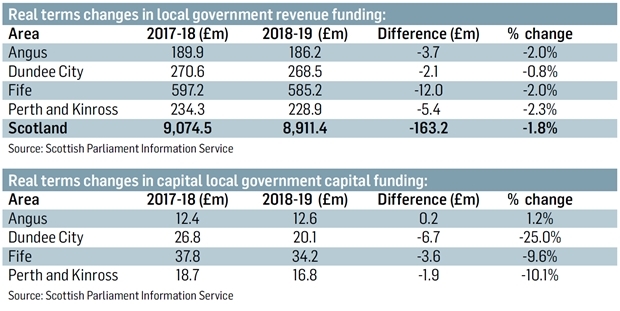
Tory MP Murdo Fraser said the cuts will come as a “kick in the teeth” for hard working families paying more in income and council tax under the SNP.
“These official figures show Perth and Kinross will be left as the poor relation of Tayside, with the biggest real-terms revenue reduction in the region,” he added.
Ian Campbell, who leads the coalition-run Perth and Kinross Council, said although the funding reduction is lower than feared they are “getting close to the bone” for identifying where to make cuts.
Labour’s David Ross, joint leader of Fife Council, said reductions for frontline services will have to be looked at, adding: “You are seeing the consequences of year-on-year cuts (from central government).”
He also spoke out against councils having to find the cash for the Scottish Government’s “unfunded” lifting of the public sector pay cap.
Finance Secretary Derek Mackay said those earning less than £30,000 a year would get a 3% pay rise, with smaller rises for higher earners.
The Scottish Trades Union Congress said the pay policy will cover just half of all public workers in Scotland and “completely excludes most local government workers who are amongst the lowest paid in the sector”.
Mr Mackay told MSPs the cash they have put into budgets has “created the capacity to fund the public sector pay award that I have announced”.
Scottish Lib Dem leader Willie Rennie said: “Unless the Government changes its plans they will be forcing councils to cut public services to pay their workers the wages they deserve.”
Mr Mackay said: “The report from Spice explicitly confirms what I told Parliament that, when specific revenue grants are included, local government are seeing a small cash increase in their funding. This shows that, despite cuts to the Scottish Government’s overall budget, we have continued to treat local government very fairly.
“The 2018-19 finance settlement foresees an increase both in revenue and capital (11%) investment as part of a wider package of measures.”
